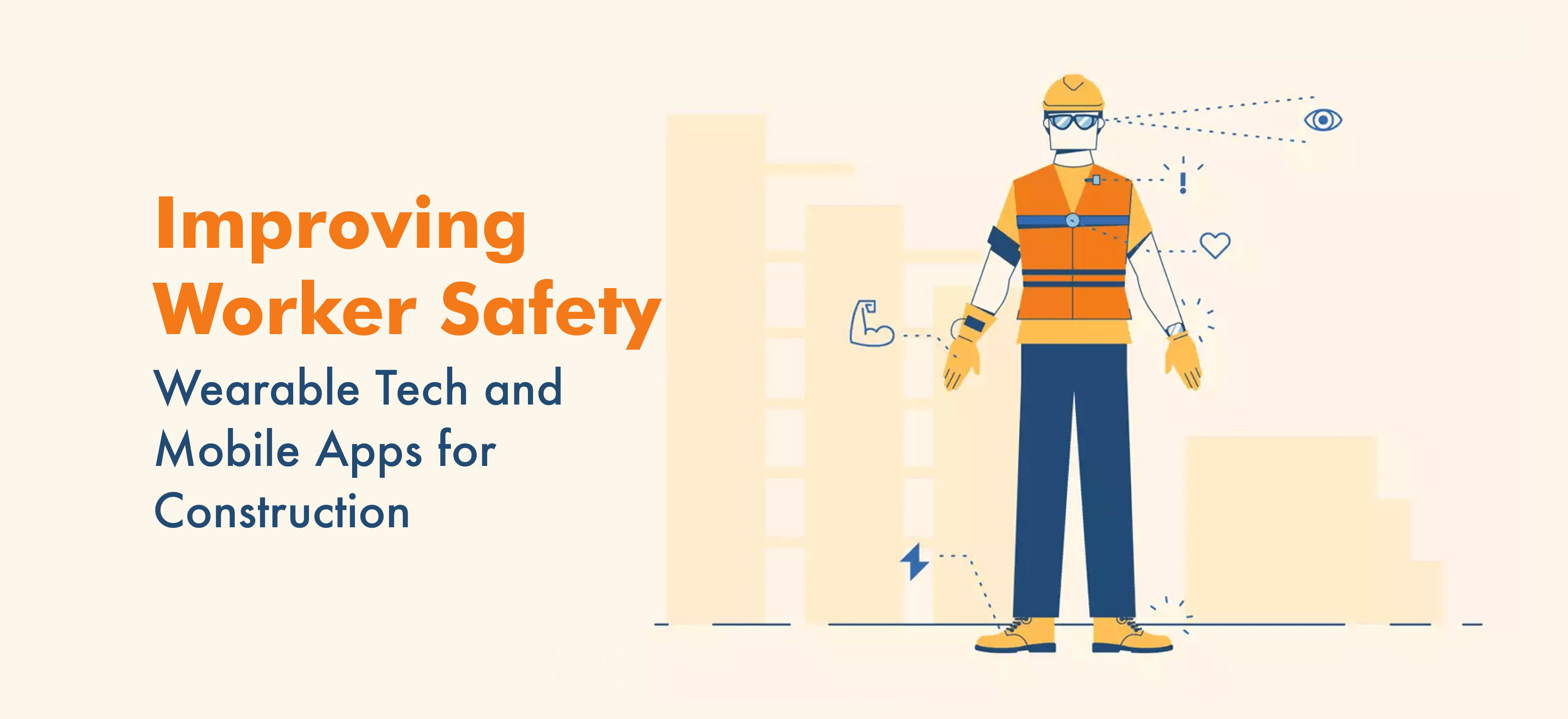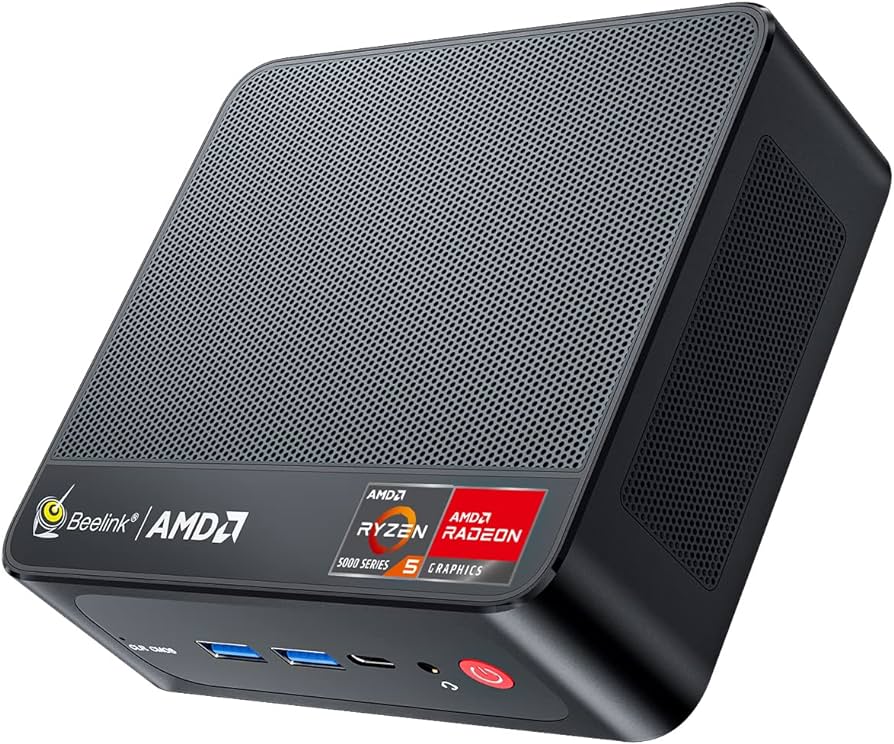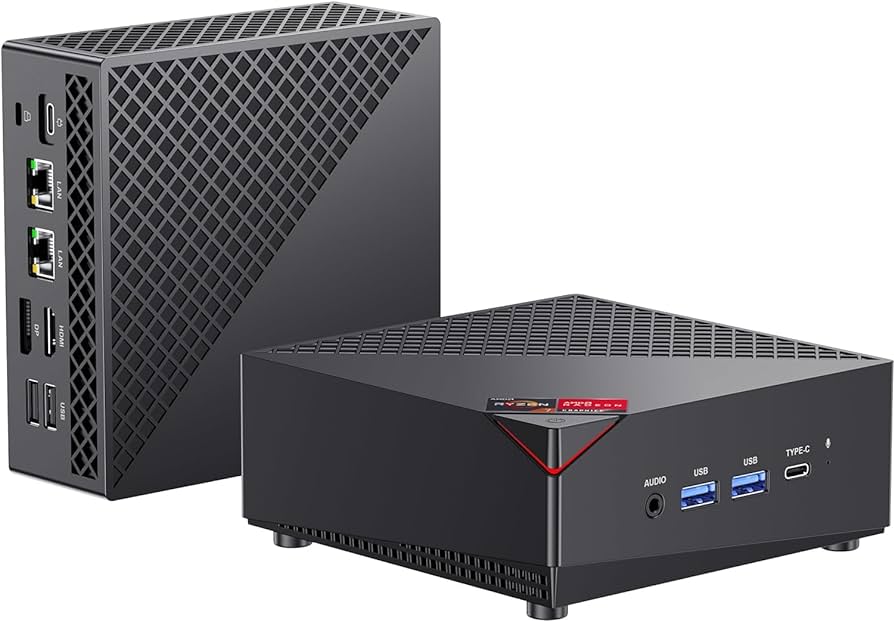Introduction
Starting a career in Amazon Web Services (AWS) as a fresher is an exciting journey that requires a combination of education, networking, hands-on experience, and a strategic approach to skill development. In this comprehensive guide, we’ll explore the key steps and strategies you can follow to launch your AWS career successfully.
- Educational Foundation:
To embark on a career in AWS, having a strong educational foundation is crucial. A degree in cloud computing, computer science, networking, information technology, or a related field is beneficial; it’s optional. The essential aspect is understanding computer science, programming, and IT infrastructure fundamentals. If pursuing a degree, focus on relevant courses such as networking, databases, and cloud computing. If you’ve already graduated, don’t worry if your degree isn’t directly related to IT; many successful IT professionals come from diverse educational backgrounds.
- AWS Certifications:
AWS certifications are pivotal in establishing your expertise and credibility in the field. As a fresher, you should start with the foundational certification: AWS Certified Cloud Practitioner. This AWS certification provides a broad overview of cloud computing, AWS services and various areas of cloud concepts, security, and pricing.
Following the foundational certification, consider pursuing associate-level certifications like AWS Certified Solutions Architect, AWS Certified Developer, or AWS Certified SysOps Administrator. These certifications validate your ability to design, develop, and operate scalable and reliable AWS solutions.
Certification involves studying AWS documentation, taking online courses, and practising with hands-on labs. We can find numerous online platforms to take AWS Training in Chennai, Certification, and other approaches tailored to AWS certifications.
- Hands-On Experience:
Hands-on experience is a critical component of your journey into AWS. The AWS Free Tier allows you to create a personal AWS account and experiment with various services at no cost. Take advantage of this to explore the AWS Management Console, set up virtual servers (EC2 instances), and deploy simple applications.
Consider creating personal projects that involve multiple AWS services. For example, you could build a website hosted on Amazon S3, with serverless functionality using AWS Lambda and a DynamoDB database. Participating in hackathons, coding challenges, or open-source projects can provide valuable hands-on practical experience and demonstrate your practical skills to potential employers.
- Online Courses and Tutorials:
Complement your practical experience with online courses and tutorials to deepen your understanding of AWS services. Platforms like AWS Training and Certification, Coursera, Udacity, and A Cloud Guru offer a variety of courses suitable for beginners and advanced users. Start with introductory courses that cover the basics of cloud computing and progressively move on to more advanced topics. Hands-on labs and real-world examples provided in these courses will enhance your problem-solving skills and practical knowledge.
- Build a Portfolio:
Create a professional portfolio that showcases your knowledge, skills, projects, and certifications. Use platforms like GitHub to share your code repositories and contribute to open-source projects. This demonstrates your technical abilities and allows potential employers to assess your coding style and project contributions.
Ensure that your portfolio includes a variety of projects, ranging from simple exercises to more complex applications. Describe the technologies and AWS services you utilized in each project and any challenges you overcame during development.
- Networking:
Networking is a core aspect of building a successful career in AWS. Join in online communities, forums, discussions and social media groups dedicated to AWS professionals. Platforms like the AWS forums, Reddit’s /r/aws, and LinkedIn groups provide opportunities to connect with experienced individuals in the field.
Engage in discussions, ask community questions, and seek advice from seasoned professionals. Networking can provide valuable insights, job leads, and mentorship opportunities. Attend webinars, virtual meetups, and local events to expand your network further and stay updated on industry trends.
- Internships and Entry-Level Positions:
Look for internships or entry-level positions that involve AWS. Many companies offer roles specifically designed for individuals with limited professional experience. Even if the work is partially AWS-focused, gaining exposure to cloud technologies can be valuable for your career development.
Apply to positions that align with your education, skills and career goals. Emphasize your educational background, certifications, and any relevant projects in your resume. Internships provide a practical understanding of how AWS is utilized in a real-world business environment.
- Soft Skills:
Developing soft skills is essential for any IT professional. Communication, problem-solving, and teamwork are crucial in collaborative work environments. As a fresher entering the workforce, focus on enhancing these skills.
Practice effective written and verbal communication, and work on your ability to explain technical concepts of the cloud to non-technical stakeholders. Develop problem-solving skills by approaching challenges systematically and seeking solutions proactively. Teamwork is often emphasized in IT roles, so demonstrate your ability to collaborate.
- Stay Updated:
The field of cloud computing, including AWS, is dynamic and constantly evolving. Stay updated on the latest developments, new AWS services, and best practices. Subscribe to AWS newsletters, follow AWS blogs, and participate in webinars to ensure you know industry trends and advancements.
- Networking Events and Conferences:
Attend industry events, conferences, and webinars related to cloud computing and AWS. These gatherings provide opportunities to connect with professionals, learn from industry experts like Infycle Technologies, and stay updated on emerging technologies. Networking at events can open doors to potential job opportunities and valuable connections.
Engage actively in discussions, ask questions during Q&A sessions, and participate in any networking opportunities the events provide. Many conferences offer virtual attendance options, making accessing valuable content and networking opportunities easier.
- Resume and LinkedIn Profile:
Craft a compelling resume and LinkedIn profile that effectively communicate your skills, certifications, and AWS-related projects. Tailor your resume to highlight relevant experiences, whether academic projects, internships, or personal initiatives.
Use a professional and formal photo on your LinkedIn profile to provide a concise summary showcasing your passion for AWS and career aspirations. Connect with professionals in the cloud computing fields, join relevant groups, and share your achievements and insights.
Conclusion:
Starting a career in AWS as a fresher requires a holistic approach that combines education, certification, hands-on experience, networking, and soft skills development. Embrace a continuous learning mindset, stay updated on industry trends, and actively engage with the AWS community. With dedication and a strategic approach to cloud computing, you can build a successful career in AWS, contributing to the dynamic and rapidly evolving world of cloud computing.
Author Bio
The author of the blog is Pavithra. She is working as a Marketing Strategist in multiple companies with several projects, and she always strives for quality and effective content for students and professionals in education and career. And she never misses out on giving the best.





